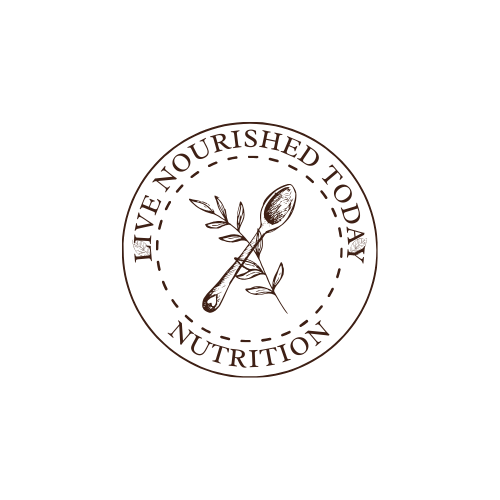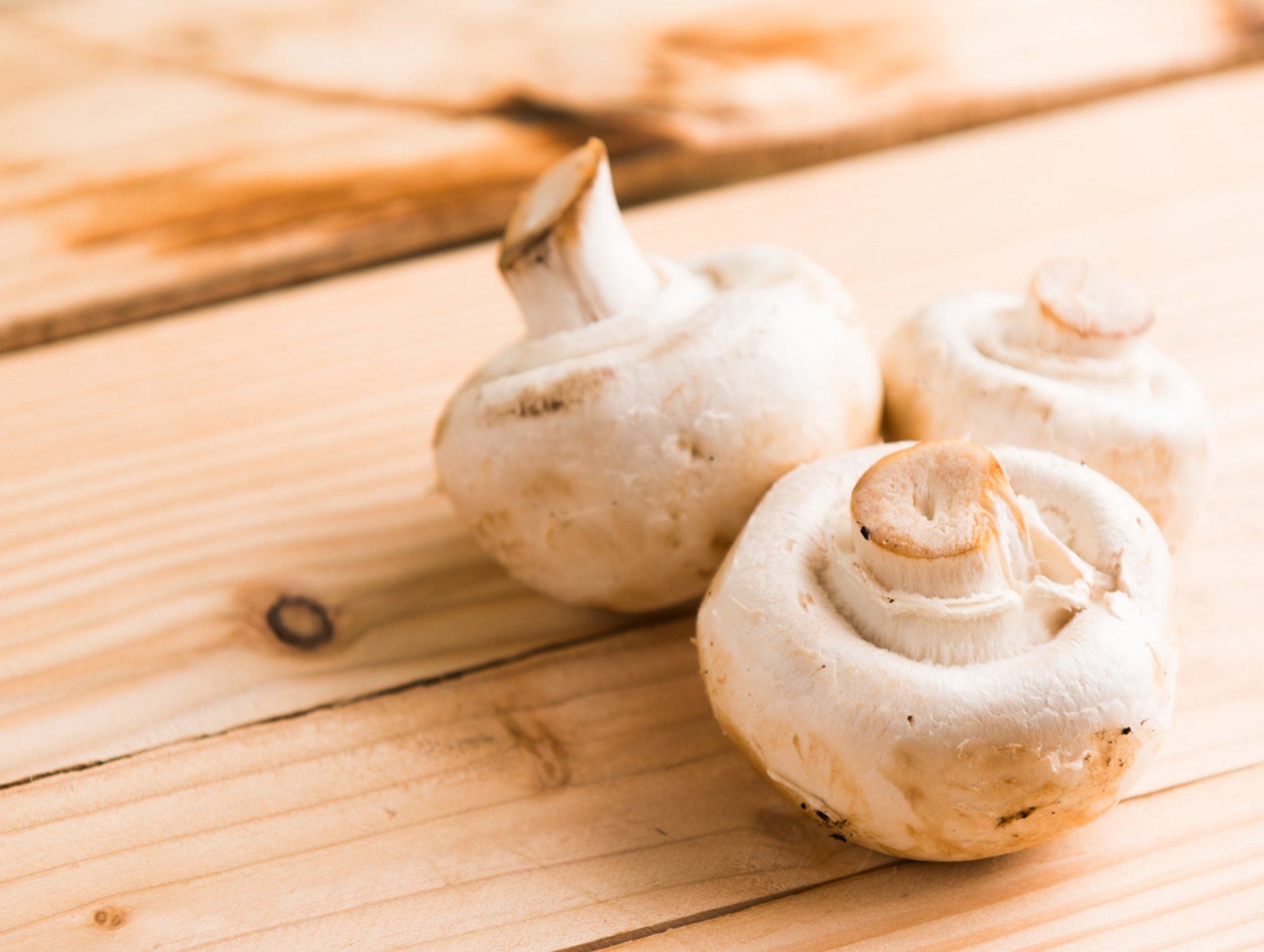Live Nourished Today, LLC
Should we Still be Drinking Tap Water? Benefits and Cons of Tap, Bottled and Reverse Osmosis filtration Water..
Tap water is regulated by different agencies, including the US Environmental Protection Agency to oversee the quality of water, while the USDA is in charge of ensuring safety and truthful labeling of bottled water sold.
Benefits of Tap Water
Tap water comes from large wells, lakes, rivers, or reservoirs which then passes through a water treatment plant before consumption. It’s important to note that the federal government does not require bottled water to be safer than tap water. For example, tap water in big cities has to be disinfected, filtered and tested but bottled water does not require all of these steps.
Most tap water is fluoridated at low levels. This topic can be controversial but drinking fluoridated water has been shown to keep the teeth strong, and reduces cavities by 25% in kids and adults! Another benefit of tap water is that it's free! Purchasing bottled water can add up to costing hundreds of dollars each year. Another good thing about tap water is that it has a lower environmental impact because it doesn’t require plastic or other disposable containers, which take hundreds of years to break down and end up in our landfills.
Cons of Tap Water
Most of the time, tap water is completely safe. However, there are times when it's not. If you live in a community with a higher likelihood of pesticide and bacteria runoff contamination, or if you get your water from an unregulated well, this can present more safety concerns with the water. Bottled water can be the safer option when natural disasters like floods occur, which can temporarily pollute our water systems. The EWG provides a “Tap Water DataBase” which allows you to view contamination reports for your local water supply.
Both bottled water and tap water get tested on a regular basis for bacteria and chemicals, but city tap water is analyzed more frequently than bottled water. Bottled water comes from various sources including well water, mineral water, and spring water. Did you know that about 25% of the bottled water sold is simply just tap water in a bottle! If you want to know whether your bottled water is coming from tap water, be sure to check the label and the cap. If it says that it’s from a municipal source, or from a community water system, this means it's derived from tap water. A con of bottled water is that some products can contain small pieces of plastic, called microplastics. These microplastics have been tested on animals, and can act as endocrine-disrupting chemicals that can accumulate overtime in our body. Although bottled and tap water is safe for the most part, as with everything else there are always pros and cons.
Now, What is Mountain Valley Water and how does it compare to tap vs bottled water?
Mountain Valley Spring water is a company that sells fresh spring water. It doesn’t come from municipal water or an industrial plant, and the way it's filtered makes it even better. Mountain Valley uses the Reverse Osmosis water filtration system, which filters water using high pressure, making it able to filter 99% of the contaminants. This filter is not only able to filter out visual contaminants, but invisible ones that can be toxic to our heath like lead and asbestos.
Let's dive deeper into the Reverse Osmosis Water Filtration System..
A reverse osmosis filter removes the contaminants by pushing them through a membrane with tiny pores which block particles larger than water molecules. This includes removing nitrates, perchlorate, arsenic, hexavalent chromium which have all been shown to be harmful to our bodies. They also come with a carbon filter that helps with purifying the water, and reducing the levels of other contaminants that can’t be completely removed from the reverse osmosis filter alone like disinfection byproducts, organic compounds, lead and PFAs. The downside of this filtration system is that it tends to cost more than other types of filters and requires installation. Another downside to this is that it removes some necessary chemicals found in water such as magnesium, calcium, fluoride and iron.
Overall, tap water, bottled water, and reverse osmosis water filtration systems are all safe for the most part. The United States is blessed with safe drinking water, however tap water can be more unsafe in different areas and at certain times, so it is important to stay informed!



